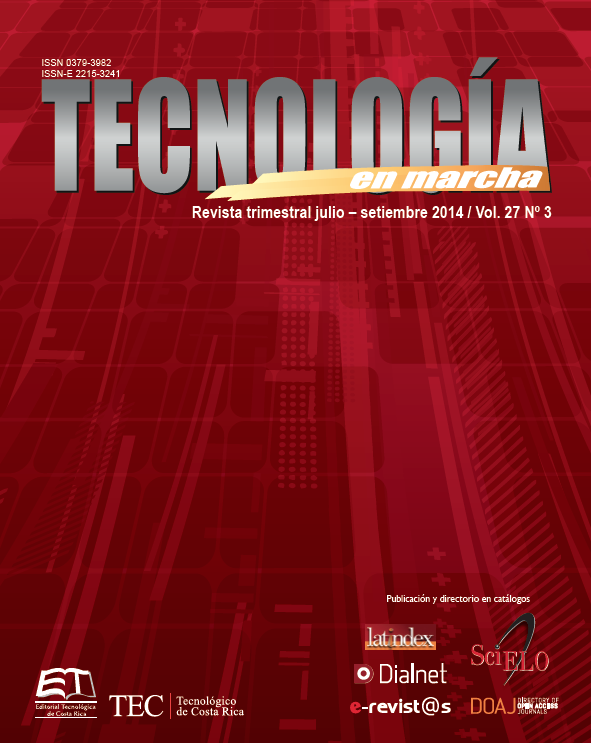Economic and social evaluation of the use of bagasse to generate electricity in Nicaragua
Main Article Content
Abstract
In this article, an economic and social assessment of the use of bagasse to generate electricity in Nicaragua has been made comparing the use of bagasse using fossil fuels for power generation. It has been concluded that generation of electricity using bagasse biomass has a positive impact on the social and economic development of Nicaragua because an economic assessment of sugar mills that generate electricity using bagasse shows they become economically more profitable. On the other hand, thermal plants that generate electricity through oil are not economically profitable. The Social assessment of the use of bagasse to generate energy using multicriteria methodology, supported in the expert consultation method, showed that sugar mills which use bagasse have positive impacts, and the plants that use fossil fuels in power generation studied in this paper resulted to have negative impacts due to be associated with the use of petroleum products that raise the price of electricity and in the process of production of electricity generate polluting gases such as CO2.
Article Details
Los autores conservan los derechos de autor y ceden a la revista el derecho de la primera publicación y pueda editarlo, reproducirlo, distribuirlo, exhibirlo y comunicarlo en el país y en el extranjero mediante medios impresos y electrónicos. Asimismo, asumen el compromiso sobre cualquier litigio o reclamación relacionada con derechos de propiedad intelectual, exonerando de responsabilidad a la Editorial Tecnológica de Costa Rica. Además, se establece que los autores pueden realizar otros acuerdos contractuales independientes y adicionales para la distribución no exclusiva de la versión del artículo publicado en esta revista (p. ej., incluirlo en un repositorio institucional o publicarlo en un libro) siempre que indiquen claramente que el trabajo se publicó por primera vez en esta revista.

